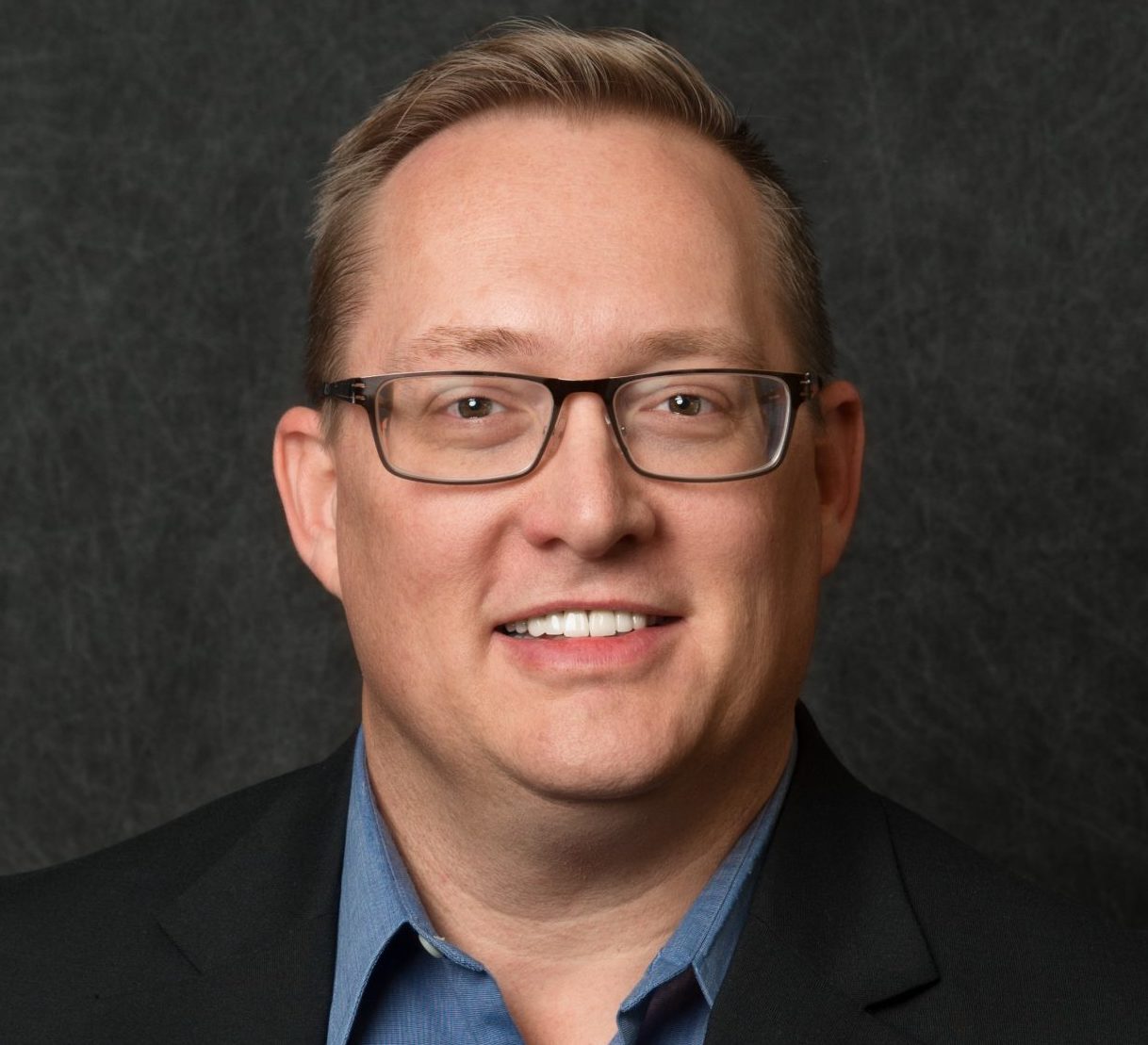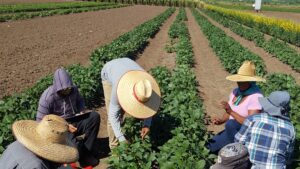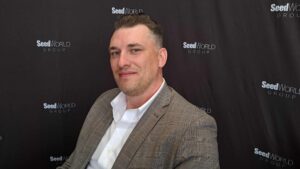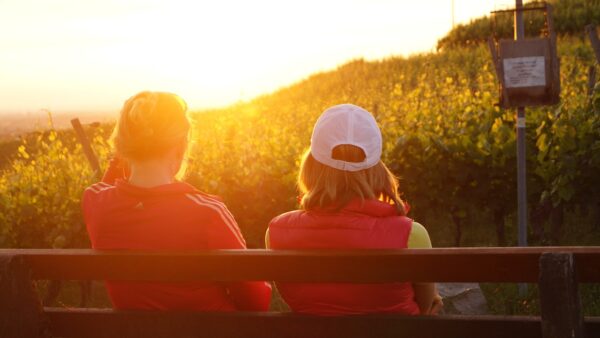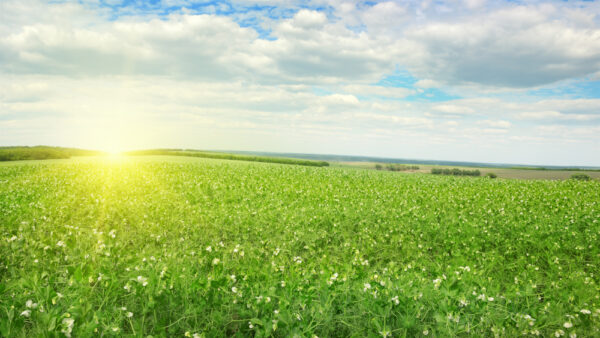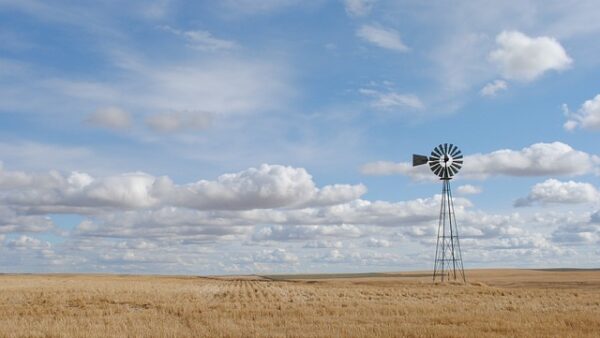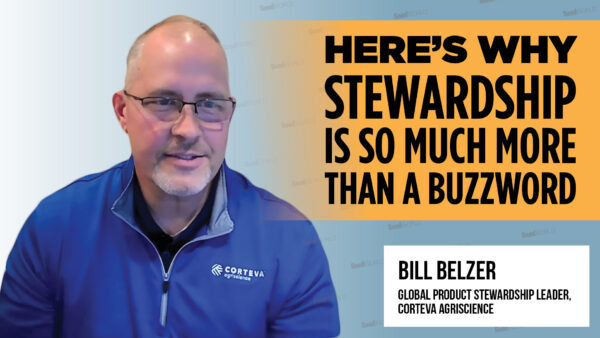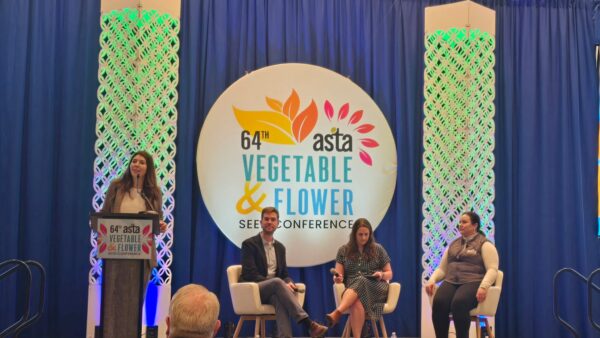While there have been some bumps in the world, Illinois Crop Improvement CEO Doug Miller looks forward to the point where the seed industry and its scientists can meet again without worry.
Seed World (SW): Favorite book currently?
Doug Miller (DM): It is tough to pick a favorite. On the history shelf is Spearhead by Adam Makos. On the self-improvement shelf, actually an e-book, is Make Time by Jake Knapp and John Zeratsky. More work related but across the aisle from crop genetics is The Gene by Siddhartha Mukherjee. I am blessed with curiosity and cursed by a diverse set of interests.
SW: Coffee or tea in the morning?
DM: Definitely coffee in the morning and tea in the evening. I can be over caffeinated at times, but hearing colors and seeing smells seems to help me think around corners and peer into what the future may hold.
SW: One new skill you’d want to learn?
DM: How to effectively use a UAV or “drone.”
SW: How’d you fall into seed certification?
DM: Your question is apropos. I was working a seasonal job at Crows Hybrids, they really didn’t have a place for me but as a former intern they let me work in research. When the greenhouse program manager left Illinois Crop I interviewed for the job. I consider myself the first greenhouse manager for the association since the previous person left prior to starting operations. I have been with Illinois Crop for 27 years and made four title changes learning as I went.
SW: What’s the biggest concern you have when it comes to seed certification right now?
DM: My biggest concern is that seed certification has not kept up with the times. We still rely on the phenotype, documentation and the willingness of the certifier to join with the agency in the certification of seed. Seed that is willfully, or unwittingly, pirated, mis-identified or adulterated is something we could address with more modern techniques. To be clear issues are rare. The seed sector, as a whole, is doing a great job of protecting the identity and purity of seed. There is a high degree of confidence in the existing production, handling, verification and regulatory practices. For me modernizing the system means elevating confidence without breaking the budget. It is in everyone’s interest to maintain this confidence and in the end that is what seed certification is all about. Confidence in the identity and purity of the seed.
SW: Why was Puerto Rico an area you wanted to conduct trials?
DM: The decision to offer services in Puerto Rico goes back to Daryl Rolland, Jim Shearl, Paul Palmgren, Robert Troutman, Tom Ainsworth, Larry Lewis, Dale Cochran and other innovators in the mid-1980’s. Had I known about it I would have cheered them on from my desk at Iroquois West Highschool. Puerto Rico has stood the test of time. Up to three generations per year, fertile soils, solid agricultural and logistical support from the University of Puerto Rico, local ag retailers, PRDA, USDA, EPA, OECD, PRABIA and others have made Puerto Rico an essential part of the seed industry.
SW: What’s your biggest hope for 2022 in the industry?
DM: I “travel” in two circles. One circle includes the developers, scientists and decision makers that can work from anywhere. One circle includes the bench analysts, seed conditioners, agronomists and growers. My hope is that we can work together again. Together as a continuous circle. Let us not forget those who never stopped reporting to work and let us not forget those who were locked down. People were made to work together. I hope we can shake hands and see each other smile in 2022.


